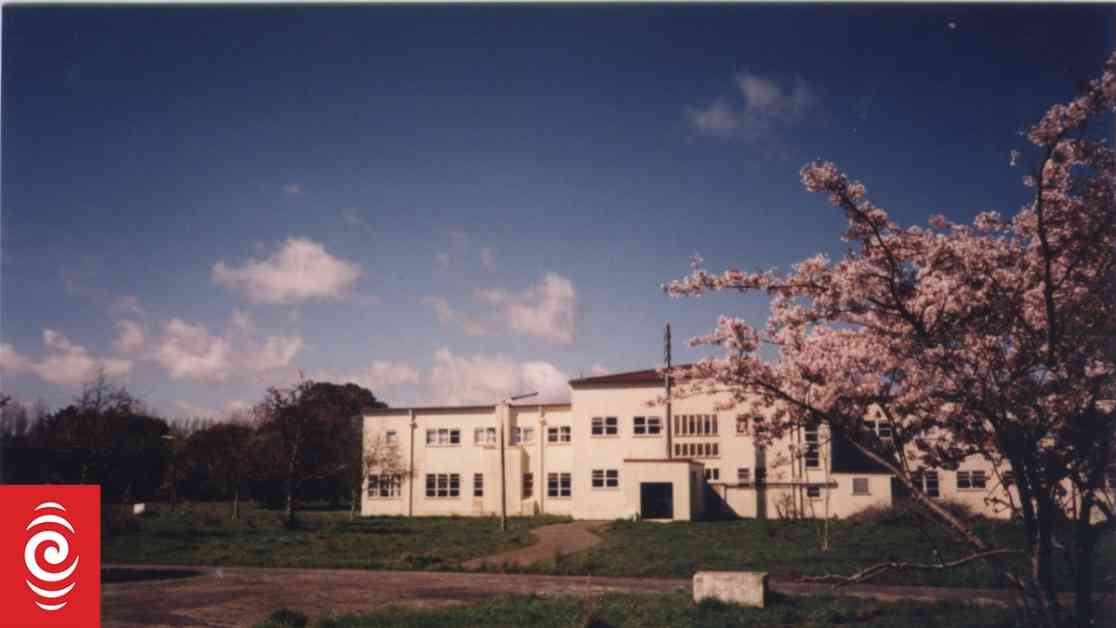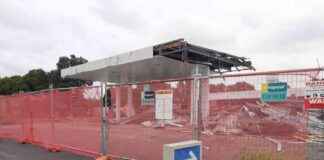A recent cabinet paper discussing compensation for survivors of abuse at the Lake Alice Hospital has sparked broader calls for redress for victims of torture at other psychiatric institutions. The paper highlights the challenges in ruling out torture at different locations, leaving many wondering why survivors from other facilities cannot claim similar compensation.
Wellington lawyer Sonja Cooper, who has represented abuse survivors for over three decades, expressed frustration at the limited scope of the compensation scheme. She noted that survivors from institutions like Porirua or Oakley hospitals, where similar abuse occurred, are not eligible for the $150,000 compensation payments available to Lake Alice survivors. This discrepancy has raised concerns about fairness and justice for all survivors of torture.
In response to these concerns, Minister Erica Stanford emphasized the need for specific allegations to be referred to the police for investigation. However, she acknowledged the lack of trust many survivors have in the police due to past mishandling of complaints. Cooper questioned the necessity of subjecting survivors to police investigations before receiving compensation, suggesting that this approach could lead to further legal battles and international scrutiny.
One of the key issues highlighted by Cooper was the disparity in compensation amounts for survivors who experienced similar forms of abuse. While those from the Lake Alice unit could receive $150,000, survivors from other facilities might only receive a few thousand dollars. This inconsistency underscores the need for a more equitable and comprehensive approach to redress for all survivors of torture.
Mike Ferriss from the Citizens Commission on Human Rights raised concerns about the lasting impact of abuse on individuals who were in the Lake Alice unit, even for a short period. He pointed out instances of “second-degree torture,” where individuals were forced to witness others being electrically shocked, causing lasting trauma. Ferriss called attention to the need for a more inclusive and trauma-informed approach to redress for survivors of abuse.
While the rapid redress scheme for Lake Alice survivors has been commended for prioritizing compensation for past atrocities, questions remain about the lack of similar initiatives for survivors from other institutions. Stanford defended the government’s focus on the Lake Alice unit, citing the findings of the Royal Commission of Inquiry into abuse in care. However, she emphasized the role of the police in investigating specific allegations of torture at different locations.
Despite the challenges and complexities surrounding the redress process, survivors like Karilyn Wildbore are determined to seek justice and closure. Wildbore, who was abused while in care, described the emotional toll of revisiting her past experiences through the redress application process. She highlighted the need for a more compassionate and supportive approach to addressing the trauma of survivors and ensuring their voices are heard.
As the government grapples with the complexities of providing redress to survivors of abuse in care, the need for a comprehensive and inclusive approach to compensation becomes increasingly clear. By acknowledging the experiences of all survivors and addressing the systemic failures that allowed such abuse to occur, we can move towards a more just and compassionate society for all.





